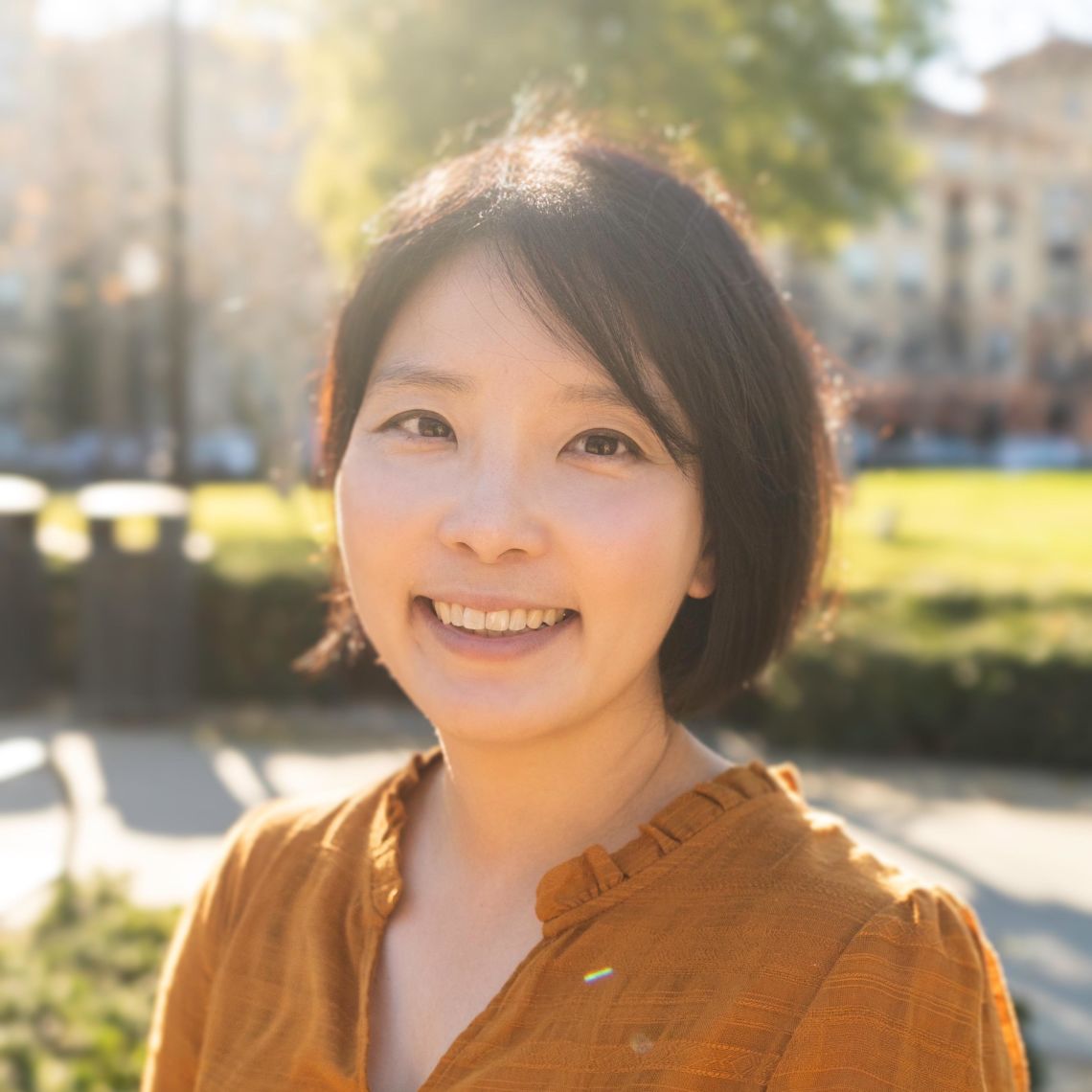Ejung Moon
PhD
Group Leader in Radiation Biology and the Tumour Microenvironment
Research Interest
In Moon lab, we focus on determining how hypoxia promotes tumour progression such as invasion, metastasis, and metabolism through key pathways involving MAFF protein.
The regulation of MAFF protein, a family of transcription factors, has been implicated in the transactivation of antioxidant response genes. Our work demonstrated that the level of small MAFF protein expression is critical to the regulation of gene induction or repression, indicating that stresses like hypoxia act like a rheostat in regard to the formation of MAFF homodimer and heterodimer formation, leading to transactivation or gene repression. Biologically, we found that the MAFF protein is a major regulator of tumour cell invasion and metastasis under hypoxia, and impact the radiation response of cells though controlling antioxidant gene transcription. Moon lab will focus on how MAFF itself, or along with its binding proteins, interplays to alter tumour metabolism and radiation damage under hypoxic conditions.
Biography
Dr. Moon received her PhD degree from Duke University, USA. She was trained by Dr. Mark W. Dewhirst to focus on the effect of hypoxia-inducible factor (HIF) on tumour reoxygenation after mild hyperthermia. During the training, she was awarded a predoctoral fellowship from Breast Cancer Research Program (BCRP) of Department of Defense (DoD), USA. Then she joined Dr. Amato Giaccia’s lab at Stanford University, USA, to study hypoxia regulation of MAFF protein and its role in tumour cell invasion and radiation responses. Her current research interests are radiation responses and metabolic changes under hypoxia.
Group Members
Nuria Vilaplana Lopera, PhD, Postdoctoral Researcher
Maria Jerome, MRes student
Jiyoung Kim, Research Assistant

Recent publications
-
Improving radiotherapy in immunosuppressive microenvironments by targeting complement receptor C5aR1.
Journal article
Beach C. et al, (2023), J Clin Invest, 133
-
Targeting AXL Using the AVB-500 Soluble Receptor and through Genetic Knockdown Inhibits Bile Duct Cancer Growth and Metastasis.
Journal article
Kim J. et al, (2023), Cancers (Basel), 15
-
Manassantin A inhibits tumour growth under hypoxia through the activation of chaperone-mediated autophagy by modulating Hsp90 activity
Journal article
Byun J-K. et al, (2023), British Journal of Cancer
-
Ferroptosis, a key to unravel the enigma of the FLASH effect?
Journal article
Vilaplana-Lopera N. et al, (2022), Br J Radiol
-
ACSL3 regulates lipid droplet biogenesis and ferroptosis sensitivity in clear cell renal cell carcinoma.
Journal article
Klasson TD. et al, (2022), Cancer Metab, 10


